A notable disruption occurred in the Rajya Sabha as opposition MPs walked out in protest against the handling of the national budget. The walkout highlights growing tensions surrounding the budgetary allocations and fiscal policies proposed by the government. This act of dissent comes amid heated debates and criticism from various political factions.
The opposition’s protest centers around allegations of inadequate provisions for crucial sectors such as healthcare and education. They argue that the budget fails to address the pressing needs of the populace and neglects critical areas that require substantial financial support. The opposition’s walkout is viewed as a symbolic gesture to underscore their disapproval and demand a reevaluation of the budgetary priorities.
In the aftermath of the walkout, there has been a flurry of political activity, with members of the ruling party defending the budget as a balanced and forward-looking financial plan. They assert that the budget strategically allocates resources to stimulate economic growth and development, countering the opposition’s claims of neglect.
The budget debate has sparked wider discussions across political and economic spheres, with various stakeholders weighing in on the implications of the proposed allocations. Experts and analysts have expressed concerns about the potential impacts on key public services and the overall fiscal health of the nation. The discourse reflects the broader struggle between differing economic philosophies and policy priorities.
This protest by the opposition is part of a broader pattern of political maneuvering and contention within the Rajya Sabha. It underscores the challenges faced by the government in navigating complex fiscal issues and balancing diverse interests. The opposition’s strategy appears to be aimed at rallying public support and exerting pressure on the government to revisit and adjust its budgetary plans.
The ongoing debate surrounding the budget is likely to shape future legislative and political developments. As discussions continue, the focus remains on the government’s ability to address the concerns raised by opposition parties and to respond effectively to the broader economic challenges facing the country.
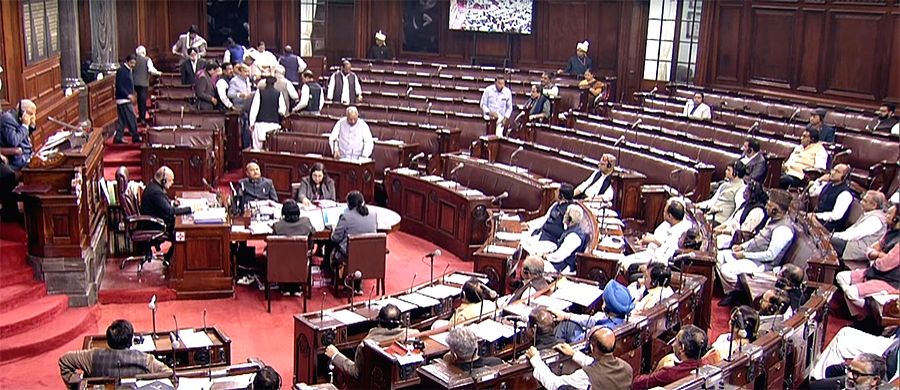
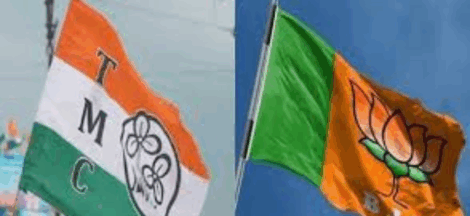
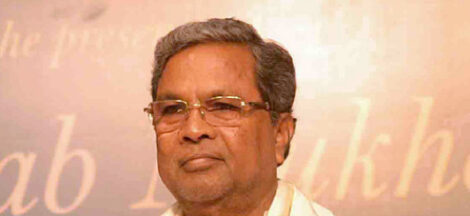
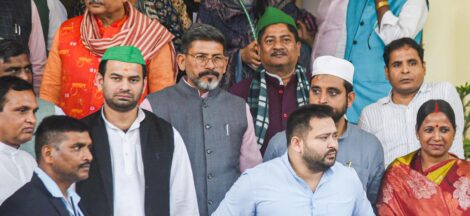
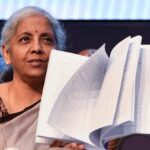 Finance Minister Addresses Budget Allocation Criticisms
Finance Minister Addresses Budget Allocation Criticisms 